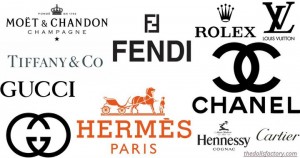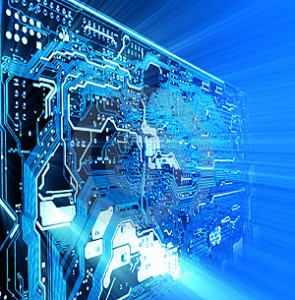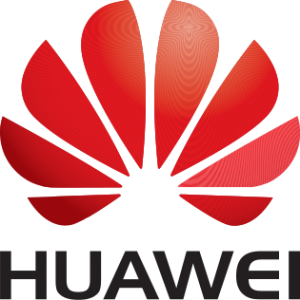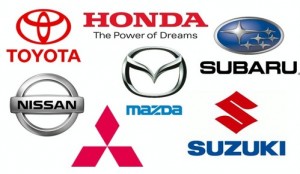After reading Joanna Huang’s blog post on the article, “Well on our way to merging with machines,” not only did I learn that Israel is home to some of the most important research and development labs for big multinational companies but also hosts the operation of the titans—Microsoft, Google, IBM and soon Apple.
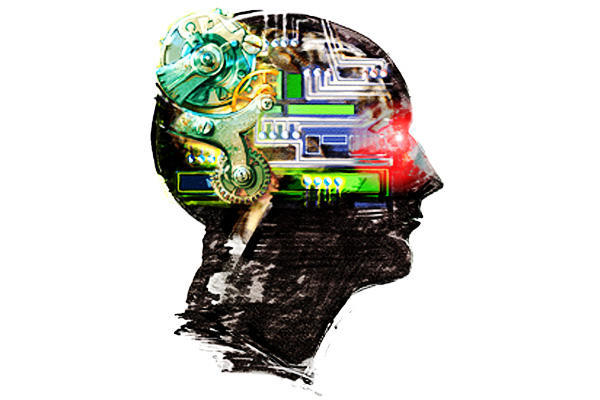 This article outlined the importance of technology in our lives and came up with some technology trends that are likely going to be popular in the future. According to Intel, perceptual computing, also known as motion gaming is expected to “play a much bigger role in the world at large”. However, what really caught my attention was the concept of merging humans and machines. According to Oded Agam, head of vertical solutions strategic planning, he envision that the future nano-machines will be able to “enhance our capabilities, and they’ll be able to repair us, like a repair shop that will happen inside our blood cells and increase our lifespan…humans and machines will start to have the same capabilities.”
This article outlined the importance of technology in our lives and came up with some technology trends that are likely going to be popular in the future. According to Intel, perceptual computing, also known as motion gaming is expected to “play a much bigger role in the world at large”. However, what really caught my attention was the concept of merging humans and machines. According to Oded Agam, head of vertical solutions strategic planning, he envision that the future nano-machines will be able to “enhance our capabilities, and they’ll be able to repair us, like a repair shop that will happen inside our blood cells and increase our lifespan…humans and machines will start to have the same capabilities.”
It seems like with the development of technology anything could be possible in the future, but it really makes me wonder, are we becoming too dependent on technology?
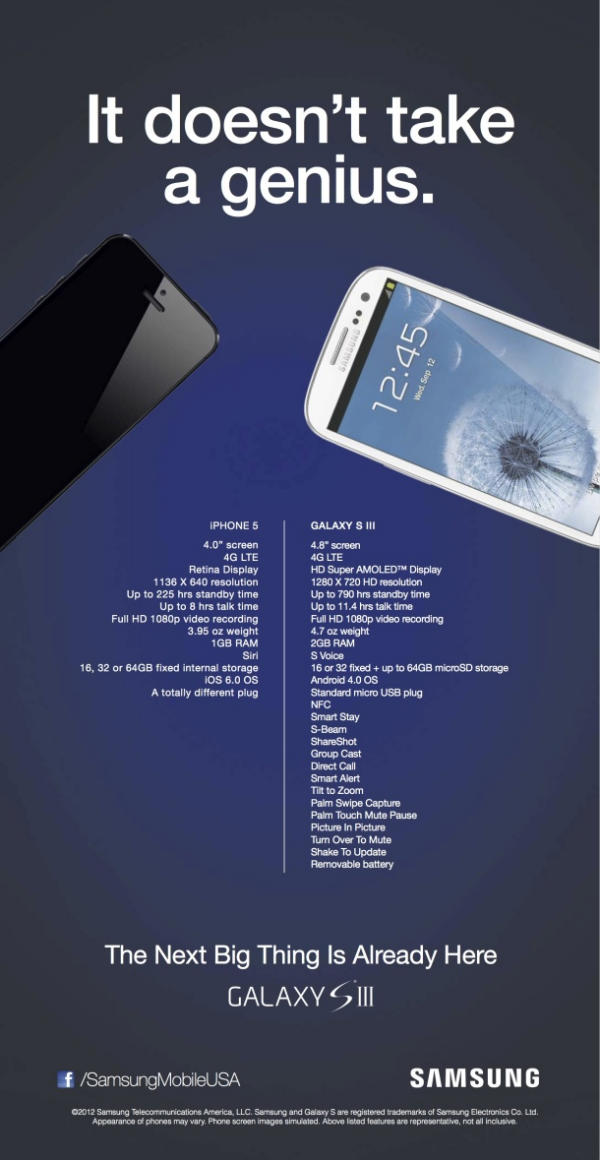
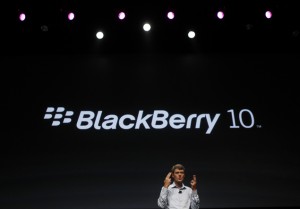 With the new and innovative technology, and rapid consumer taste changes is Black Berry really losing the game? Recently, RIM the company which produced the Black Berry is introducing a new line of Black Berry 10 devices which will be the framework for growth over the next decade.
With the new and innovative technology, and rapid consumer taste changes is Black Berry really losing the game? Recently, RIM the company which produced the Black Berry is introducing a new line of Black Berry 10 devices which will be the framework for growth over the next decade.
 Another factor that may have consumers second-guess purchasing these cars is the size of a Nano. Being nearly two feet shorter than a BMW Mini, it might be hard for a driver or passengers of a larger built to sit comfortably in the seats. Despite the negative feedback, the CEO of India’s Tata group, Ratan Tata, seems to have confidence. “The US is a very enticing market”, he said, “We hope that the sub-$10,000 car has appeal.”
Another factor that may have consumers second-guess purchasing these cars is the size of a Nano. Being nearly two feet shorter than a BMW Mini, it might be hard for a driver or passengers of a larger built to sit comfortably in the seats. Despite the negative feedback, the CEO of India’s Tata group, Ratan Tata, seems to have confidence. “The US is a very enticing market”, he said, “We hope that the sub-$10,000 car has appeal.”